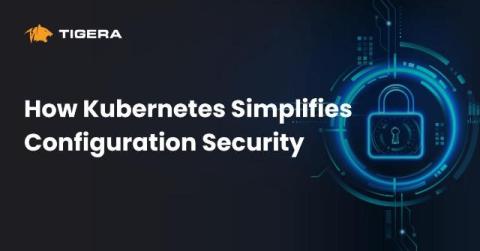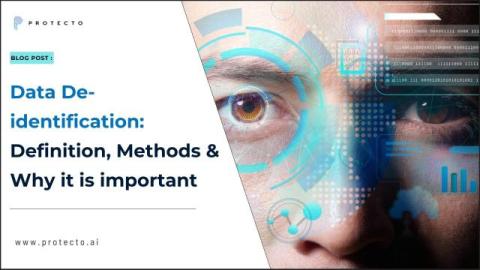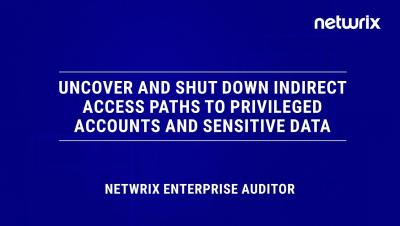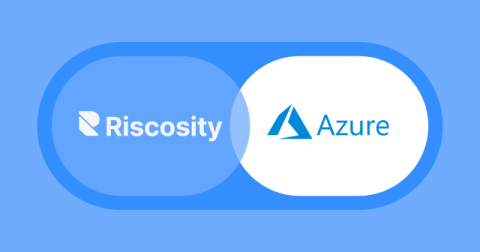Computer Users Once Again Insist '123456' and 'password' are the Pinnacle of Cybersecurity
... At least according to a recent report posted by the password manager firm NordPass. NordPasses 2024's Top 200 Most Commonly Used Passwords list reflects the sad truth that many people don't take password security seriously and believe codes like "123456" are acceptable. Then some figure, "Hey, the bad guys will never figure it out if I add a couple more digits", and use "123456789". Finally, we have those who seemingly just gave up all hope and used "password".











